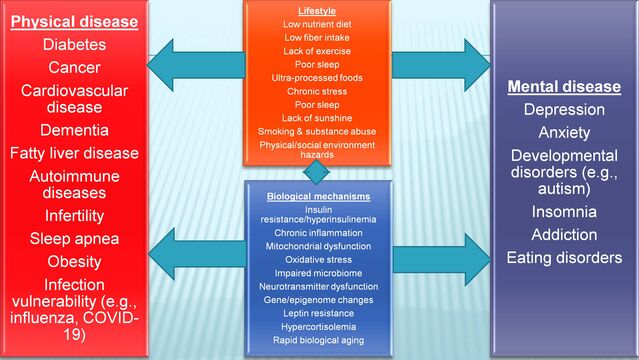Your body, not your bank account, is the best source of emotional well-being.
In the long history of humanity, no goal has been more consistently imagined, discussed, and pursued than happiness.
In fact, our persistent focus as a species on happiness—across centuries, continents, and circumstances—is possibly matched only by the diversity of means through which we’ve sought to obtain it.
From Greek philosophers such as Aristotle, religious texts such as the Quran and the Bible, to modern happiness science and self-help books, happiness is a goal we never stop chasing and a feeling we never stop craving.
Although we have traditionally pursued happiness through relationships and religion, status and substance use, money and material goods, arguably the most enduring and powerful contributor to our happiness is the quality of our physical health.
The profound influence of health on our capacity for happiness is readily demonstrated in two ways: First, our state of health strongly affects how we feel.
Energy, vitality, motivation, and resilience are just some of the many dimensions we characteristically describe as emotions that are often instead a manifestation of our physical health.
While few would dispute that it is possible to experience happiness despite the malaise of medical illness, none can deny that it is more difficult.
Second, the quality of our physical health determines the boundaries of what we can do. Even under the best of circumstances, the feeling of happiness can be as capricious as the weather or stock market.
Constrain our already fickle capacity for happiness even further with disease and disability that rob our ability to move in and modify the world around us, engage with and experience the people and preoccupations we care about, and happiness becomes as ephemeral as a rainbow.
Given the intimate connection between physical and mental health, coupled with research indicating that just 2.7% of American adults are now physically healthy—based on standards of not smoking, obtaining regular exercise, consuming a nutritious diet, and maintaining a recommended body-fat level based on DEXA scans (dual-energy X-ray absorptiometry; 1)—perhaps it is no wonder that happiness levels in the U.S. have been declining since the 1990s (2).

Evolving metabolic research and behavioral neuroscience offer even more precise insights into how our physical health directly and indirectly regulates our emotional well-being.
As summarized in the figure above, our lifestyle habits and underlying biology form a symbiotic relationship that is the foundation of both our physical and mental health. Like two sides of the same coin, behaviors and physiological processes operate as inseparable components of a recurring cycle across our lifespan.
At any moment, our feelings and functional abilities are the product of a complex interaction of processes occurring from the level of our genes and epigenome, the capability of our organs, and the status of our hormones and neurotransmitters. Even while our emotions and behaviors are consequences of these processes, however, they are simultaneously causes in either a vicious or virtuous health cycle.
The quality of your sleep last night modified the status of hundreds of genes, the nutrition provided by your diet today offers either an abundance of or a deficiency in the ingredients necessary for your body to create and convert neurotransmitters and hormones, and the frequency and intensity of your physical activity across the day modifies the function of dozens of hormones and even alters the state of your gut microbiome (3).
Informed by modern research, it becomes impossible to see our daily lifestyle choices as inconsequential. They are in fact powerful levers and control switches determining our capacity for health and happiness.
More than ever, we know that happiness is an inside game. As science empowers us with increasing insights into the human body, the connection between mind, body, and spirit recognized by philosophers centuries ago is explainable as an interaction between our behaviors and biology.
This research offers more than an explanation for this phenomenon, however. It also reveals the remarkable power our health habits have to improve our potential for happiness.



